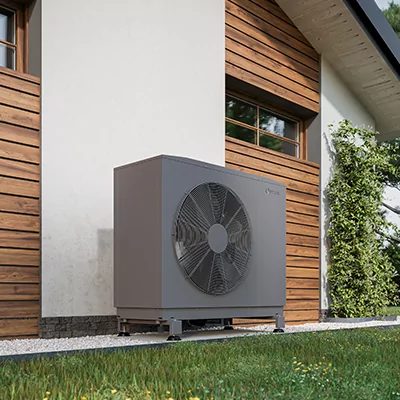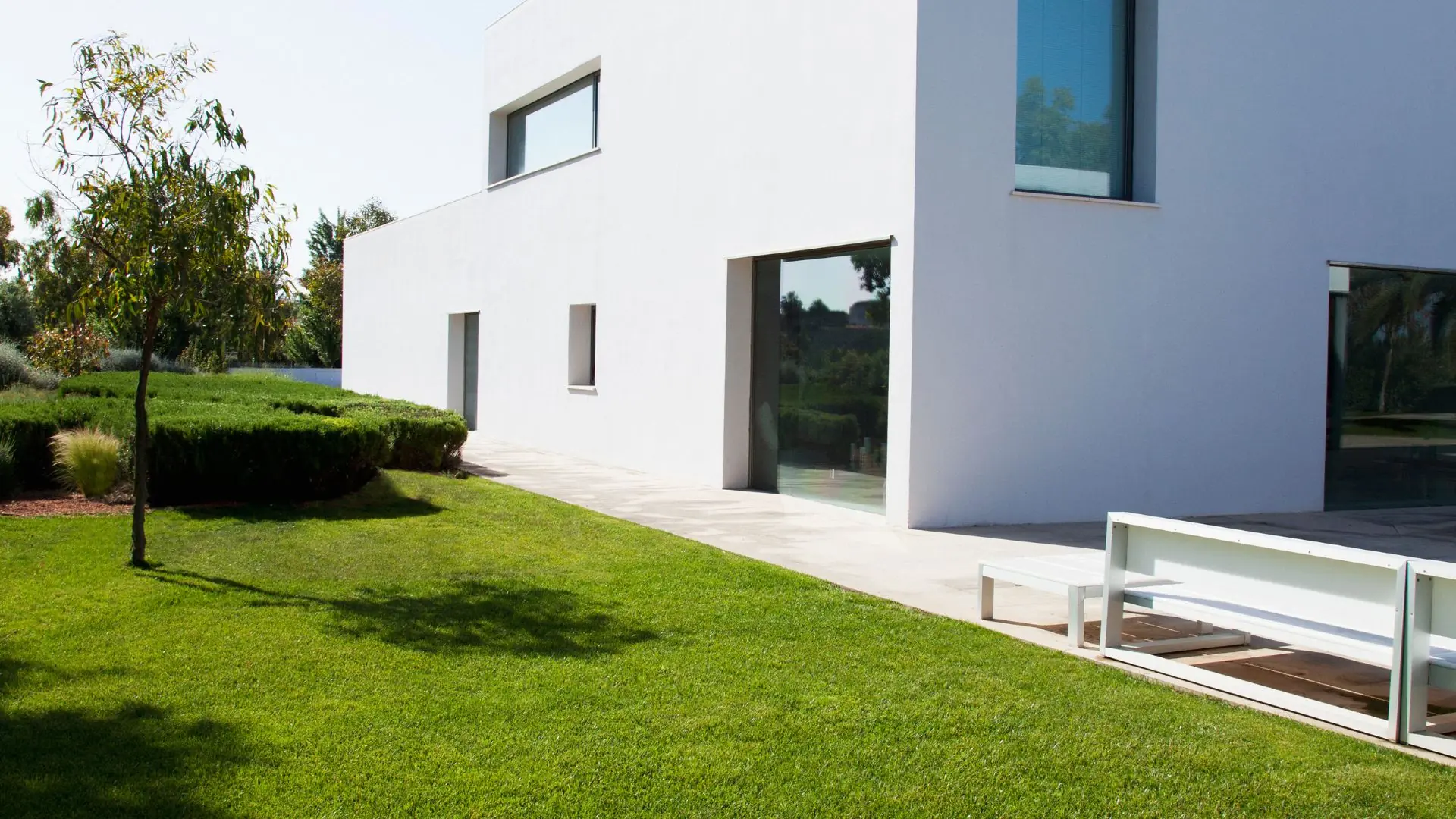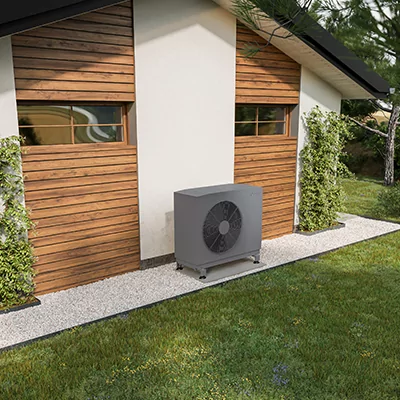

Table of contents
- The importance of properly sizing your heat pump
- The disadvantages of oversizing your heat pump
- The disadvantages of undersizing your heat pump
- Considering the base outside temperature
- Calculating heat loss in the building
- What heat pump capacity to choose?
- How to estimate the necessary thermal power of a heat pump?

Table of contents
- The importance of properly sizing your heat pump
- The disadvantages of oversizing your heat pump
- The disadvantages of undersizing your heat pump
- Considering the base outside temperature
- Calculating heat loss in the building
- What heat pump capacity to choose?
- How to estimate the necessary thermal power of a heat pump?
When installing a heat pump (HP), it is essential to properly size the unit to ensure its efficiency and optimal performance. Indeed, an oversized or undersized heat pump can lead to issues with performance, comfort, and energy consumption. Here's an explanation.
First and foremost, it's important to note that the proper sizing of a heat pump is often a mandatory requirement to qualify for various available financial incentives. Thus, the professional assisting a client with a heat pump installation must provide a sizing report before any financial incentives are approved.
The Significance of Properly Sizing Your Heat Pump
Accurate sizing of the heat pump is crucial because it allows the unit's power to be matched to the actual needs of the building.

The Drawbacks of Oversizing Your Heat Pump
If the heat pump is oversized, it can cause frequent starts and stops, leading to premature component wear and increased electrical consumption. Furthermore, an oversized heat pump can result in excessive temperature fluctuations and poor humidity control, affecting occupants' comfort.
The Drawbacks of Undersizing Your Heat Pump
On the other hand, an undersized heat pump won't effectively meet the heating or cooling needs of the building, resulting in increased energy consumption and reduced comfort.
It's worth noting that the market trend is to undersize to offer cheaper products in the face of competition, which can expose consumers to solutions that are not suitable for their homes. To regulate this, there is the QualiPAC regulation (a quality label for heat pump installations) with its self-checklist.
The rule of thumb is to cover between 80% and 100% of the needs for an inverter heat pump, with a tolerance for less but presenting a risk of dissatisfaction. If the heat pump is undersized, it won't reach the set temperature, so it will run at full capacity, consume more energy, and become noisy. It will eventually fail and go into fault mode.
Inverter technology allows your heat pump to consume less energy through better power control. intuis air/water heat pumps are equipped with an Inverter Compressor, allowing power modulation from 15% to 100% to match the power to the needs and external conditions.

Consider the Base Outdoor Temperature
To properly size a heat pump, it's important to consider the base outdoor temperature. This temperature represents the lowest temperature the building will be exposed to during the heating season. Based on this temperature, it's possible to determine the thermal power required by the heat pump to maintain a comfortable indoor temperature.
The base outdoor temperature is linked to a location (e.g., a specific region or department), as well as factors like altitude and proximity to the sea. This criterion is crucial and should be as accurate as possible. Therefore, the region where the heat pump is installed plays a significant role, as the sizing will differ between a cold and humid region and a Mediterranean climate.



To ensure satisfaction with comfort and avoid undersizing, the heat pump should cover between 80% and 100% of the needs (excluding backup heating).
Calculate Heat Loss in the Building
Another key step in heat pump sizing is calculating heat losses in the building. This involves estimating heat losses through the walls, windows, roof, and other building surfaces. These calculations help determine the heating power required to compensate for these losses and maintain a constant indoor temperature.
Once the heat loss is calculated, you can choose the appropriate heat pump using the heat pump sizing tool DimoPAC developed by intuis. Each manufacturer offers its own tool, but the results are governed by regulations and the QualiPAC reference framework and its self-checklist. This allows for the generation of the mandatory sizing report to qualify for financial incentives. However, it's essential to be vigilant, and we recommend homeowners base their sizing between 80% and 100% of the needs (excluding backup heating) to ensure comfort and avoid undersizing.
Note that for professionals, this is an opportunity to conduct an energy audit of the home with their clients, identifying areas for improvement to optimize heat pump usage.
How to Choose the Heat Pump Capacity?
The power of a heat pump should be calculated based on the specific needs of the building. This calculation takes into account factors such as:
- The building's surface area
- Heat losses
- The volume to be heated
- The outdoor base temperature
- Heating or cooling requirements
- The building's insulation
- Climatic region
- Desired indoor temperature
- The number of occupants
- Existing equipment
It's worth noting that to calculate the necessary thermal power, professionals should use specialized sizing tools like DimoPAC or manufacturer-specific configurators, some of which are free. These tools consider all relevant parameters and provide a precise estimate of the required heat pump capacity.

Discover the heat pump sizing calculation tool DimoPAC developed by intuis
How do you estimate the power required by a heat pump?
If you want to estimate the approximate power required by a heat pump, you can use a basic rule of thumb that involves multiplying the building's surface area (expressed in square meters) by a power coefficient.
This coefficient generally varies between 30 and 100 W/m², depending on various factors such as the building's level of insulation, climatic region, heating and cooling requirements, etc. However, it should be noted that this estimation method is a simplified approach and does not guarantee precise sizing.



